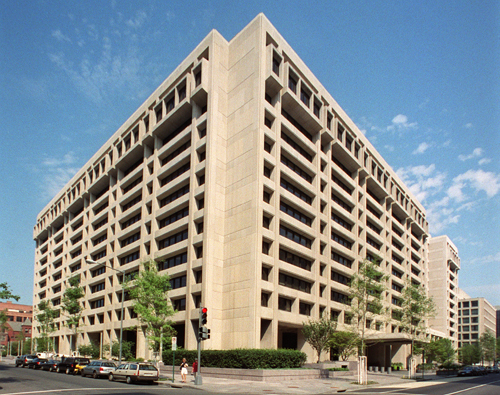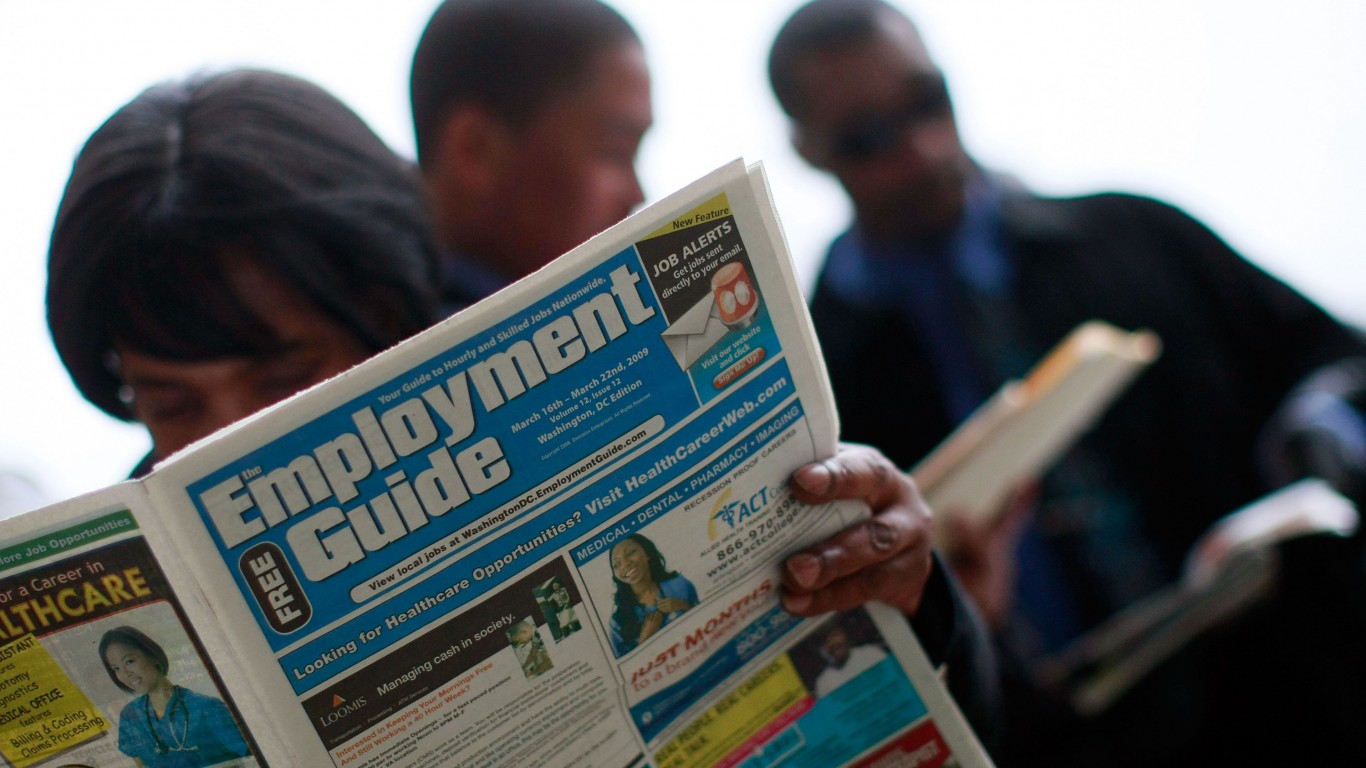
The Brexit will cost the euro area dearly next year, according to the International Monetary Fund (IMF). It has cut its forecast for 2017 GDP growth to 1.4% from 1.6%. The decision should come as no shock. Economists have expressed despair since before the U.K. vote, saying it could trigger a deep recession in Britain and deep damage to the EU economy. As a matter of fact, the IMF’s comments come fairly late in the cycle of downgraded forecasts.
In its IMF Executive Board Concludes 2016 Article IV Consultation on Euro Area Policies, the agency’s economists noted:
The recovery has strengthened recently. Lower oil prices, a broadly neutral fiscal stance, and accommodative monetary policy are supporting domestic demand. However, inflation and inflation expectations remain very low, below the European Central Bank (ECB) medium-term price stability objective. Euro area GDP growth is expected to decelerate from 1.6 percent this year to 1.4 percent in 2017, mainly due to the negative impact of the U.K. referendum outcome. Helped by gradually rising energy prices, headline inflation is expected to increase from 0.2 percent this year to 1.1 percent next year.
At the same time, downside risks have grown. Externally, a further global slowdown could spill over and derail the domestic demand-led recovery. Domestically, the risks are largely political. Further spillovers from the U.K. post-referendum situation, the refugee surge, or a heightening of security concerns could contribute to greater uncertainty, hurting growth and hindering progress on policies and reforms. Other risks include banking and financial sector weaknesses in some countries. Moreover, prolonged low growth and inflation themselves make the euro area increasingly vulnerable to shocks. Policy buffers to counter these risks are low.
At the same time, downside risks have grown. Externally, a further global slowdown could spill over and derail the domestic demand-led recovery. Domestically, the risks are largely political. Further spillovers from the U.K. post-referendum situation, the refugee surge, or a heightening of security concerns could contribute to greater uncertainty, hurting growth and hindering progress on policies and reforms. Other risks include banking and financial sector weaknesses in some countries. Moreover, prolonged low growth and inflation themselves make the euro area increasingly vulnerable to shocks. Policy buffers to counter these risks are low.
To add insult to injury, the global economy offers no measure of salvation.
Thank you for reading! Have some feedback for us?
Contact the 24/7 Wall St. editorial team.


